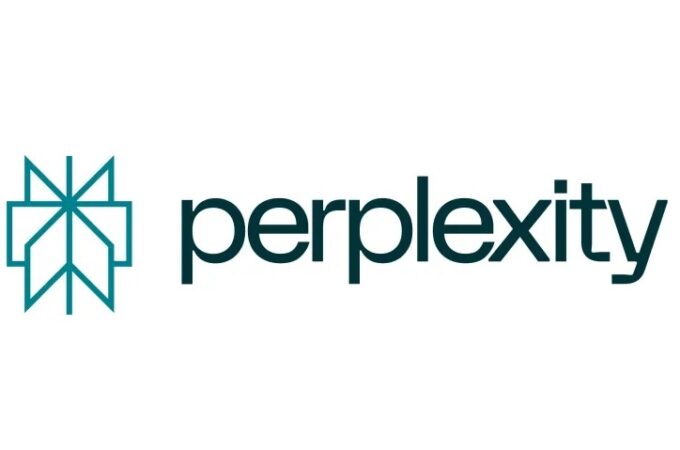This $1.5B Startup Is Making Health Insurance Suck Less
WIRED: In less than two years, Oscar Health, a New York City-based health insurance company, has already amassed 40,000 members, with its member-friendly plans and tech-driven approach. Now, the startup has landed another $145 million round of funding at a $1.5 billion valuation, which will help bring Oscar insurance to other cities across the country by the end of the year. While $1 billion-plus valuations are commonplace in the tech world these days, Oscar is one of a handful of startups that seems to have truly earned it. Oscar, which launched back in 2013, took on one of the country’s most entrenched and hairy markets—health insurance—and infused it with technology and user-friendly design. Now it’s generating around $200 million a year in revenue, according to CEO and co-founder Mario Schlosser. And that’s only in its existing markets in New York and New Jersey.
Meanwhile, Oscar has set a high bar for other insurance companies, offering members a slew of perks like free televisits, free fitness trackers, free checkups, and cash incentives for getting a flu shot. Now, insurance companies in other markets are beginning to follow Oscar’s lead, meaning the challenge ahead for the Oscar team will be to expand faster than their competitors can rip them off. In an industry like health insurance, where the healthcare landscape can change drastically from state to state, that doesn’t happen overnight.
“We don’t just go into a new geography and put a bunch of banners on the walls,” Schlosser says. “It makes the barriers to entry for anyone attempting this quite daunting, but the good thing for us is, for at least parts of this process, we have the technology to handle it.”
Tying It All Together
Oscar’s founding team initially set out to apply a design-thinking approach to health insurance, which meant improving the user experience for a product that is notoriously user-unfriendly. While the team feels it accomplished its initial goal, they realized that fixing health insurance would take more than cosmetic work. To get there, the Oscar team has built multiple tools of the variety that have become popular in health tech recently, including doctor and drug searches, telemedicine, and fitness tracking. More importantly, however, Oscar’s tools talk to each other, ensuring the information doesn’t get stuck in silos across companies.
Oscar also partners directly with physicians to help them better understand their patients. For instance, Oscar may soon give hospital planners access to data on whether or not patients fill their prescriptions or visit urgent care centers after a hospital stay.
According to Schlosser, it’s this holistic approach to technology that will be the company’s competitive advantage as it scales. “Just fixing the user experience won’t be enough,” he says. “We went to great lengths to create an incredibly close relationship between our technology and physicians.”
Already, Oscar is seeing some promising results from this work. One particularly impressive statistic is the fact that some 60 percent of Oscar members who have bronchitis have used the telemedicine feature to diagnose it and get treatment, according to t he company. Of those cases, 93 percent get resolved over the phone with no need for a follow up visit. “We feel that it’s a nice win-win-win situation,” Schlosser says. “The physician can deliver care in an efficient way. The member loves it because it’s convenient, and frankly, we like it, because oftentimes, those conditions could become worse.”
But while a $1.5 billion valuation may be huge for a two-year-old startup, it’s important to remember that’s pocket change compared to, say, UnitedHealth Group’s $114 billion market cap or even Aetna’s $37.75 billion value. If Oscar’s seemingly overnight success in one of the country’s most competitive cities for health insurance is any indication, it’s clear the company still has lots of room to grow.




